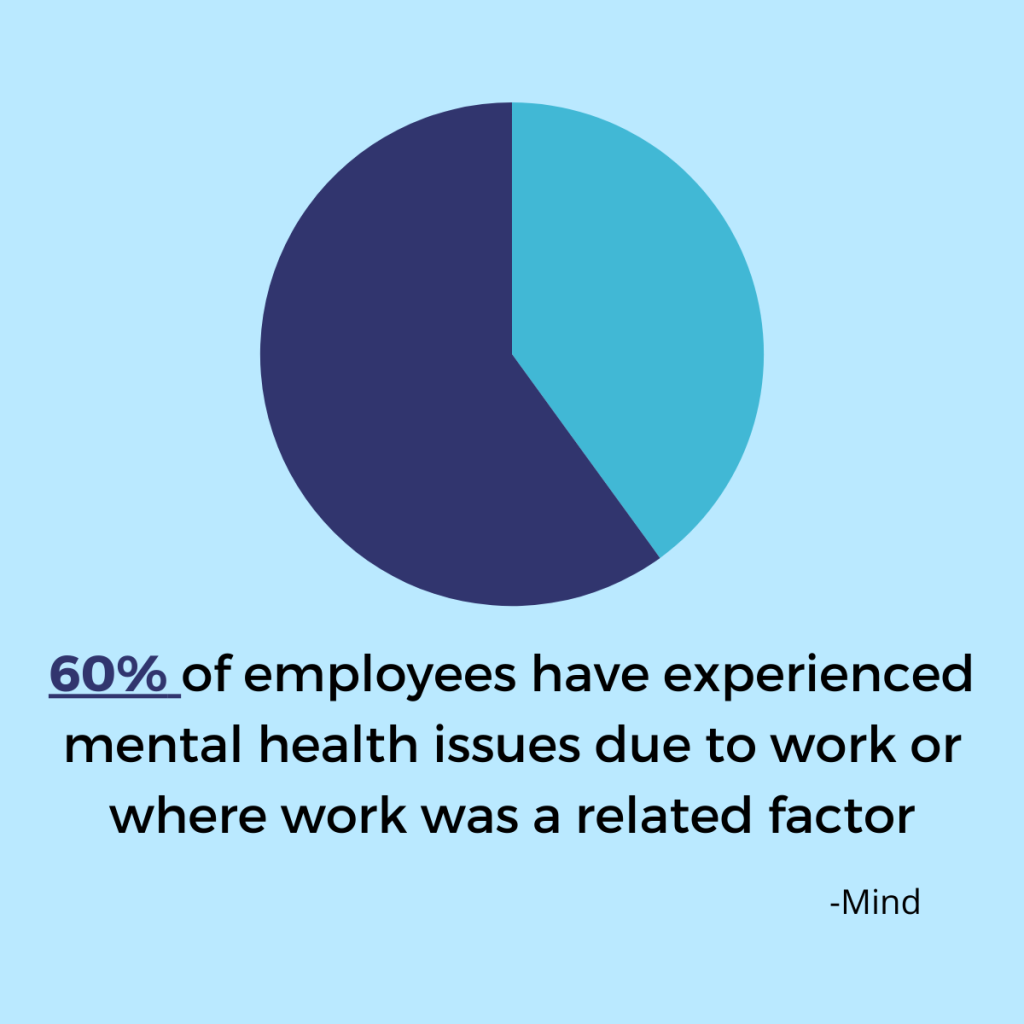Implement Comprehensive Mental Health Policies
Develop clear mental health policies that are integrated into the broader health and safety strategies of the organisation. These policies should provide a framework for action and support, outlining procedures for confidentiality, support access, and crisis management. Ensure these policies are well-communicated to all employees, so they understand their rights and the resources available to them.




















